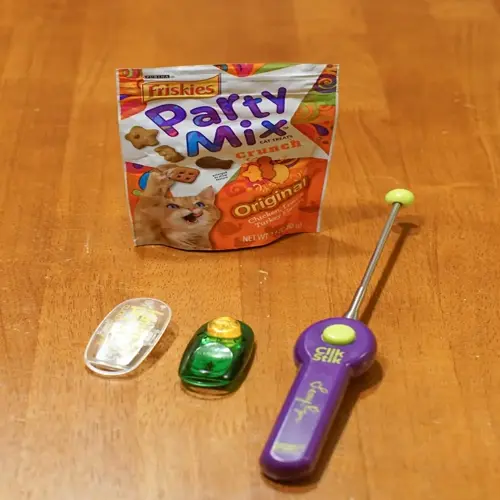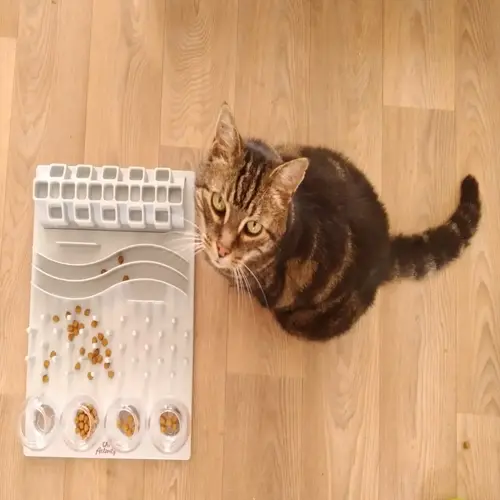How does age affect feeding requirements?

Written by
John Williams
Reviewed by
Prof. Henry Webster, Ph.D.Cats' nutritional needs vary greatly across their lifespan. Kittens require three times the calories per pound of body weight as do adult cats because of their rapid growth. Adults require well-balanced maintenance diets. Understanding the food requirements of each life stage helps to prevent malnutrition and obesity. I have seen many cat owners struggle until they learned the recommendations for feeding their animals appropriate nutritional requirements for their particular life stage.
Kitten Nutrition
- Feed high-protein growth formulas
- Provide constant access first 12 weeks
- Transition to scheduled meals at 4 months
Adult Maintenance
- Measure portions to prevent weight gain
- Incorporate dental health strategies
- Adjust calories for activity level
Senior Adjustments
- Choose easily digestible proteins
- Add joint support supplements
- Increase hydration with wet food
The protein requirements of cats remain high, but serve several different purposes even in cat food. Kittens require protein for muscle development. Adult cats require additional protein to prevent or minimize muscle loss. Pregnant cats need protein for the growth of kittens. Always choose animal-source protein to be consistent with the obligate carnivore physiology of cats.
Modify feeding frequency considerably. Kittens need 4 to 6 small meals to maintain their small stomachs. Adults thrive on 2-3 consistent meals a day. Senior cats benefit from smaller feedings throughout the day to aid in digestion. Pregnant cats require unrestricted access to food during late pregnancy and nursing.
Specialized formulations are available to compensate for the effects of aging. Senior diets provide lower amounts of phosphorus to lessen the strain on the kidneys. Kitten foods are supplemented with DHA for the developing brain. Always slowly introduce new foods over 7 to 10 days. I find it helpful to mix the old with the latest in precise ratios to help prevent tummy upsets.
Be aware of health indicators throughout each stage. Kittens should gain ½ to 1 ounce per day. Adults should maintain their weights. Older cats need to be watched for loss of muscle mass. Schedule veterinary visits at key transitions: adulthood (1 year), adulthood (7 years), and elderly (11 years).
Read the full article: Complete Cat Feeding Guidelines for Every Owner

